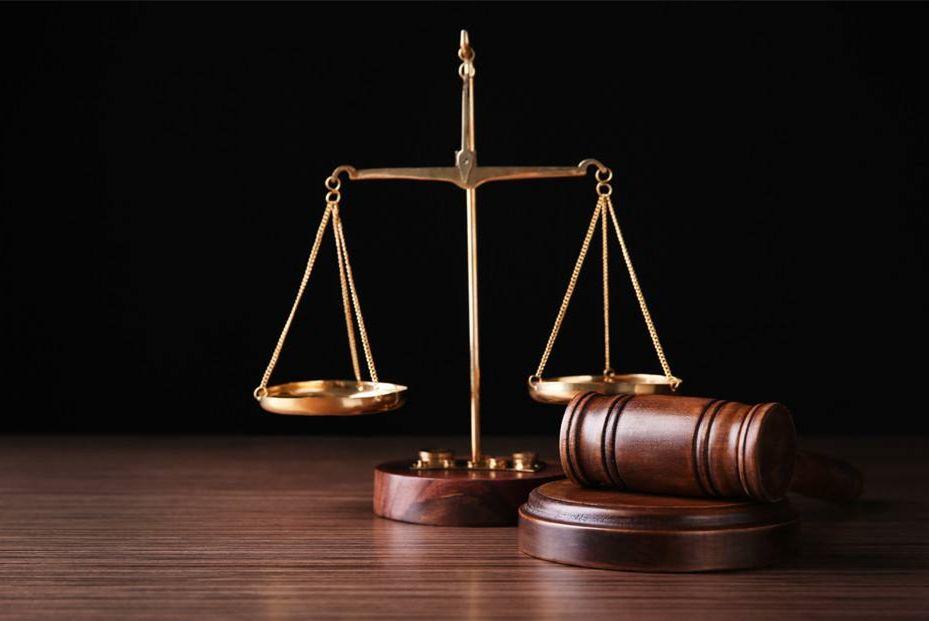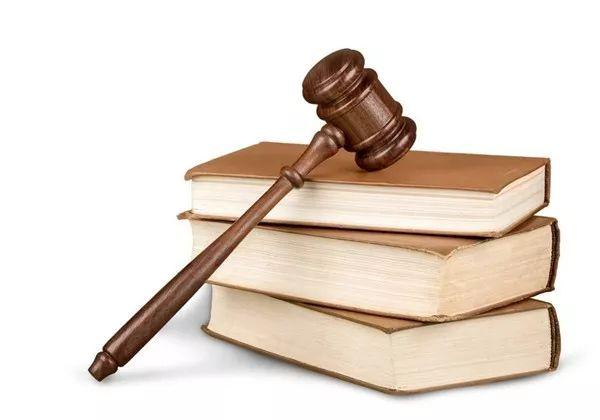Fenelon\s idyll on Crete is still more fascinating
Fenelon's idyll on Crete is still more fascinating. Mentor is made toAll that you will see in this wonderful island is the result of the laws ofMinos. The education which the children receive renders the bodhealthy and robust. T ey are accustomed, from the first, to a frugal alaborious life it is supposed that all the pleasures of sense enervate thebody and the mind; no other pleasure is presented to them but that of be-ing invincible by virtue, that of acquiring much glory. there theypunish three vices wiich go unpunished amongst other people-ingratitude, dissimulation, and avarice. As to pomp and dissipation, thereis no need to punish these, for they are unknown in Crete.. No costlyfurniture, no magnificent clothing, no delicious feasts, no gilded palacesare allowedIt is thus that Mentor prepares his scholar to mould and manipulate,doubtless with the most philanthropic intentions, the people of Ithacand,to confirm him in these ideas, he gives him the example ofSalentumIt is thus that w'e receive our first political notions. We are taught totreat men very much as Oliver de Serres teaches farmers to manage andto mix the soilMontesquieu. -"To sustain the spirit of commerce, it is necessary thatall the laws should favor it: that these same laws, by their regulations individing the fortunes in proportion as commerce enlarges them, shouldplace every poor citizen in sufficiently easy circumstances to enable himto work like the others, and every rich citizen in such mediocrity that hemust work, in order to retain or to acquireThus the laws are to dispose of all fortunes.Although, in a democracy, real equality be the soul of the State, yet itis so difficult to establish, that an extreme exactness in this matter wouldnot always be desirable. It is sufficient that a census be established to re-duce or fix the differences to a certain point. After which, it is forParticular laws to equalize, as it were, the inequality, by burdens im-posed upon the rich, and reliefs granted to the poor

Here, again, we see the equalization of fortunes by law, that is, bforccThere were, in Greece, too kinds of republics. One woas military, asLacedsemon' the other commercial, as athens. In the one it toas wished(by whom?)that the citizens should be idle: in the other, the love of laborwas encouragedIt is worth our while to pay a little attention to the extent of genius re-quired by these legislators, that we may see how, by confounding all thvirtues, they showed their wisdom to the world. Lycurgus, blendingtheft with the spirit of justice, the hardest slavery with extreme liberty,the most atrocious sentiments with the greatest moderation, gave stabilty to his city. He seemed to deprive it of all its resources, arts, cormerce, money, and walls; there was ambition without the hope of ristthere were natural sentiments where the individual was neither childnor husband, nor father. Chastity ecen was deprived of modesty. By thisroad Sparta was led on to grandeur and to gloryThe phenomenon which we observe in the institutions of Greece hasbeen seen in the midst of the degeneracy and corruption of our moderntimes. An honest legislator has formed a people where probity has ap-peared as natural as bravery among the Spartans. Mr. Penn is a trueLycurgus, and although the former ad peace for his object, and the latter war, they resemble each other in the singular path along wiich theyhave led their people, in their influence over free men, in the prejudiceswhich they have overcome, the passions they have subdued.Paraguay furnishes us with another example. Society has been accusedof the crime of regarding the pleasure of commanding as the only good ofife; but it will aleays be a noble thing to gover menby making themappyThose who desire to form similar institutions, will establish comunity of property, as in the republic of Plato, the same reverence whichhe enjoined for the gods, separation from strangers for the preservationof morality, and make the city and not the citizens create commerce: theyould gioe our arts without our luxury, our wants without ourinfatuation may exclaim, if it likes:-"It is Montesquieu! magt! sublime" am not afraid to express my opinion, and to say:
What! you have the face to call that fine? It is frightful it is abominable! and these extracts, which I might multiply, show that, according toMontesquieu, the persons, the liberties, the property, mankind itself, arenothing but materials to exercise the sagacity of lawgivers.Rousseau. - Although this politician, the paramount authority of theDemocrats, makes the social edifice rest upon the general will, no onehas so completely admitted the hypothesis of the entire passiveness ofhuman nature in the presence of the lawgiverIf it is true that a great prince is a rare thing, how much more so musta great lawgiver be? The former has only to follow the pattern proposedo him by the latter. This latter is the mechanician who invents the ma-chine the former is merely the workman who sets it in motion.And what part have men to act in all this? That of the machine, whichis set in motion; or rather, are they not the brute matter of which the ma-chine is made? Thus, between the legislator and the prince, between theprince and his subjects, there are the same relations as those which existbetween the agricultural writer and the agriculturist, the agriculturistand the clod. At what a vast height, then, is the politican placed, whorules over legislators themselves, and teaches them their trade in suchimperative terms as the followingWould you give consistency to the State? Bring the extremes togetheras much as possible. Suffer neither wealthy persons nor beggars. Ifthesoil is poor and barren, or the country too much confined for the inhabitants, turn to industry and the arts, whose productions you will ex-change for the provisions wiich you require. On a good soil, if you areshort of inhabitants, give all your attention to agriculture, which multi-plles men, and banish the arts, which only serve to depopulate the country.Pay attention to extensive and convenient coasts. Cover the seawith vessels, and you will have a brilliant and short existence. If yourseas wash only inaccessible rocks, let thle be barbarous, and eafish, they will live more quietly, perhaps better, and, most certainly,more happily. In short, besides those maxims which are common to allevery people has its own particular circumstances, which demand a le-gislation peculiar to itself.It toas thus that the Hebrews formerly, and the Arabs more recently,d religion for their principal object: that of the Athenians wasliterature; that of Carthage and Tyre, commerce; of Rhodes, naval af-fairs; of Sparta, war; and of Rome, virtue. The author of the Spirit ofLaws'has shown the art by which the legislator should frame his institutions towards each of these objects....... But if the legislator, mistak-ing his object, should take up a principle different from that which arisesfrom the nature of things: ff one should tend to slavery, and the other toberty: ff one to wealth, and the other to population; one to peace, andthe other to conquests; the laws will insensibly become enfeebled, theConstitution will be impaired, and the State will be subject to incessantagitations until it is destroyed, or becomes changed, and invincibleNature regains her empire.




Post a Comment